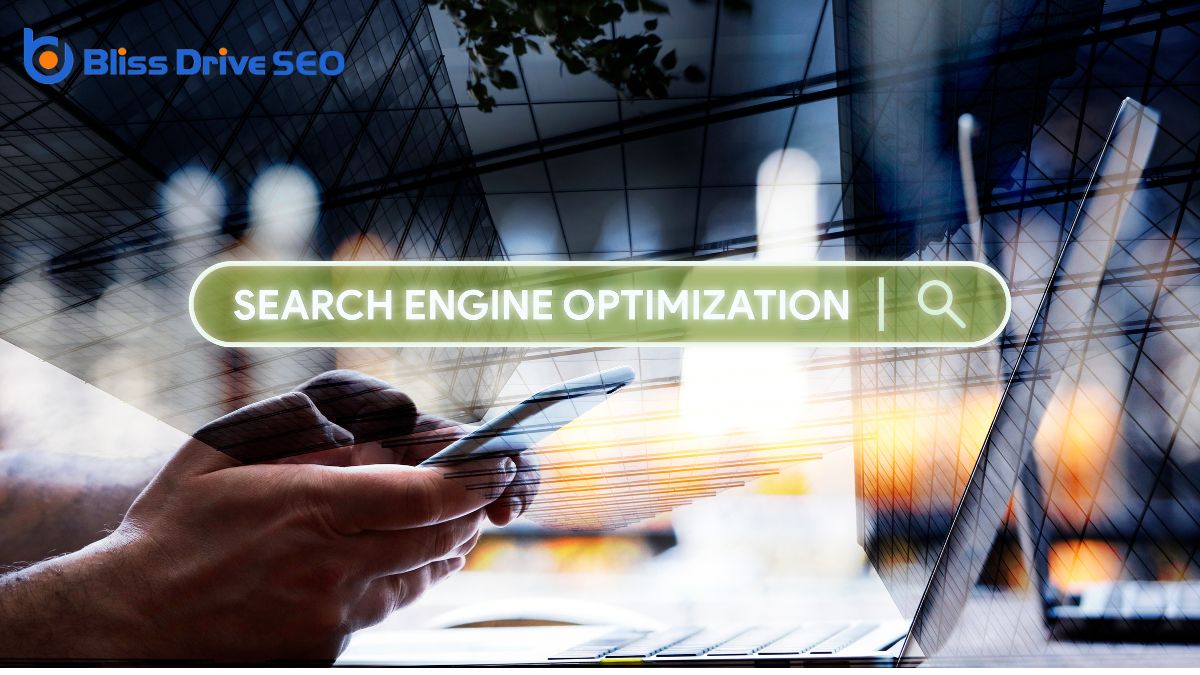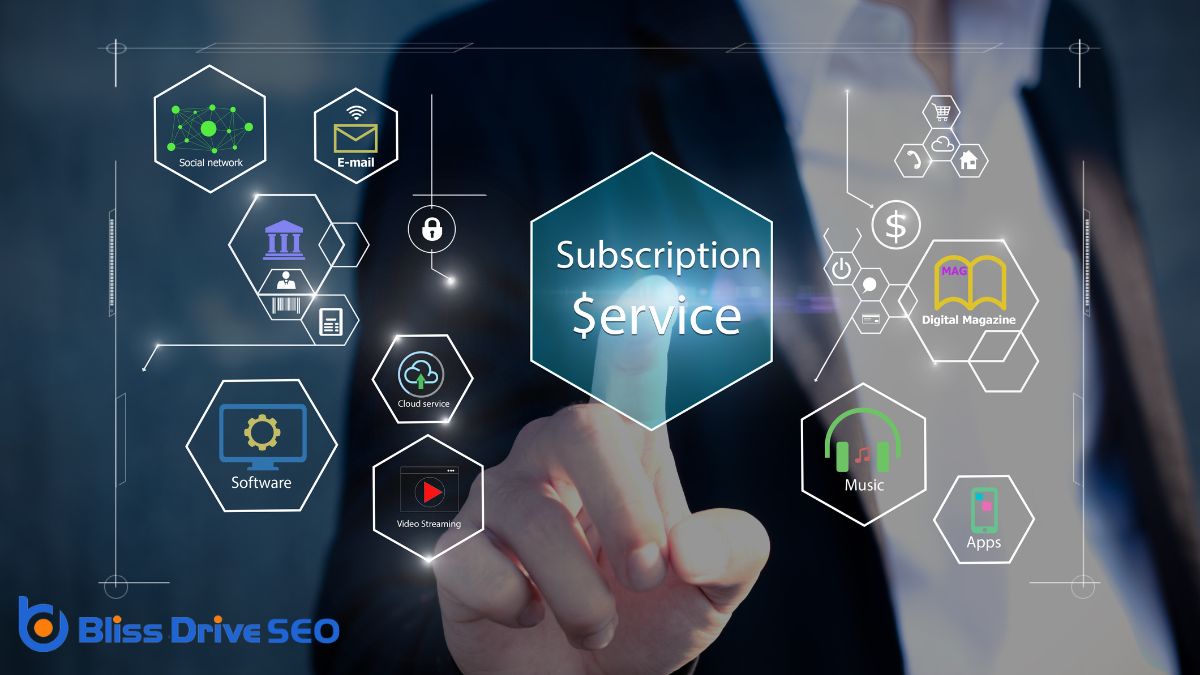Digital Marketing Services
Learn More About Us

When you're figuring out how much to pay for SEO optimization, it's pivotal to weigh various factors that can influence costs. You might wonder if an hourly rate suits your needs or if a monthly retainer delivers more value. The size of your business and the competitiveness of your industry play significant roles. You should also consider the provider's expertise and the ROI you might achieve. Balancing quality and budget is essential, but how do you guarantee you're making the right investment? Let's explore the key elements that can guide your decision-making process.

When you're diving into the world of SEO, wrapping your head around the various pricing models is important. Understanding these models helps you make informed decisions about your investment. There are a few common pricing structures you'll encounter, each with its own benefits and potential drawbacks.
Firstly, the hourly pricing model is straightforward. Agencies or consultants charge you based on the time they dedicate to your project. This model is flexible and works well if you have a small project or need specific tasks done over a short period. However, it can become costly if the project expands.
Next, there's the monthly retainer model, where you pay a set amount each month for ongoing SEO services. This is ideal for businesses looking for consistent and long-term SEO efforts. You get the benefit of continuous optimization, which is essential for sustained results.
Several key elements play a role in determining SEO costs.
First, consider your business size and industry. Larger companies and competitive fields often face higher costs due to the need for more extensive strategies and increased competition.
Next, think about your website's current status. If it's well-structured but lacks optimization, costs might be lower compared to a site needing a complete overhaul.
Your goals also influence pricing. Are you targeting local, national, or global audiences? Expanding your reach often requires more resources and a larger budget.
Additionally, the quality and experience of the SEO provider matter. Established agencies with proven track records may charge more, but they often deliver better results.
Another factor is the complexity of the services you require. Simple keyword researchThe process of finding and analyzing search terms that people enter into search engines. costs less than a full-scale content strategyA plan for creating, publishing, and managing content to meet business goals. or technical SEOOptimizing the server and website structure to improve search engine crawling and indexing.SEO auditA thorough analysis of a website’s SEO performance and areas for improvement..
Also, consider the timeline. Quick results generally demand a higher investment since they require more immediate resources.
When considering SEO services, you'll encounter both on-page and off-page techniques. On-page SEOOptimization techniques performed directly on the website, including content and HTML source code. focuses on optimizing elements within your website, such as content and meta tagsHTML tags that provide information about a web page to search engines and visitors., to improve visibility.
Off-page SEOOptimization actions taken outside the website, primarily involving backlinks and social media., on the other hand, involves strategies like link buildingThe process of acquiring backlinks from other websites. and social media marketingThe use of social media platforms to promote products or services, engage with audiences, and build ... to boost your site's authority and ranking externally.
On-page SEO techniques are vital for enhancing your website's visibility and performance in search engine results. These strategies focus on optimizing individual web pages to make sure they're both search engine and user-friendly.
Start with keyword optimization. You'll want to conduct thorough research to identify the right keywordsWords or phrases that users type into search engines to find information. your audience is searching for and naturally incorporate them into your content, titles, and meta descriptions.
Next, consider your website's structure and navigation. A clean, logical layout not only helps visitors find what they're looking for but also assists search engines in crawlingThe process by which search engines discover new and updated web pages to index. your site more efficiently. Confirm your URLs are short, descriptive, and contain relevant keywords.
Don't overlook the significance of high-quality content. Engaging, informative, and original content retains visitors and encourages them to explore more. Additionally, use header tags (H1, H2, etc.) to organize your content, making it easier for both users and search engines to understand.
Off-page SEO strategies are vital for improving your website's authority and visibility across the web. They focus on activities outside your site that impact search engine rankingsThe position at which a website appears in the SERP.. One pivotal aspect of off-page SEO is building high-quality backlinksLinks from other websites pointing to your website, crucial for SEO., which act as votes of confidence from other websites. When reputable sites link back to yours, it signals to search engines that your content is valuable and trustworthy.
You should also consider social media marketing as part of your off-page strategy. Engaging with your audience on platforms like FacebookA social networking site where users can post comments, share photographs, and links to news or othe..., TwitterA microblogging and social networking service where users post and interact with messages known as "..., and InstagramA photo and video-sharing social networking service owned by Facebook. can drive traffic to your site and increase brand awarenessThe extent to which consumers are familiar with the qualities or image of a particular brand.. When users share your content, it expands your reach and potential influence online.
Another effective off-page tactic is influencer outreachThe process of building relationships with influencers to promote a brand or product.. Collaborating with industry influencersIndividuals with the power to affect the purchasing decisions of others due to their authority, know... can amplify your message and attract their followers to your site. This partnership can boost your credibility and generate more organic trafficVisitors who come to a website through unpaid search engine results..
Forum and community participation also play a role. By contributing helpful insights on platforms like Reddit or niche-specific forums, you can establish yourself as an authority in your field, which may leadA potential customer referred by an affiliate who has shown interest in the product or service but h... to more website visits.
Incorporating these off-page strategies can greatly enhance your site's SEO performance.
When deciding between in-house and agency SEO costs, you should consider not only the initial price but also the expertise each option brings to the table. An agency might offerThe specific product or service being promoted by affiliates. specialized skills and resources, while an in-house team could provide more consistent and tailored strategies.
Think about the long-term investment benefits, as the right choice can notably impact your business's growth and online presence.
Exploring the world of SEO optimization costs can feel like a complex puzzle, especially when deciding between in-house efforts and hiring an agency. You might wonder which option offers the best value for your budget. Let's break it down.
Choosing an in-house SEO team means you'll have direct control. You're hiring employees, so consider salaries, benefits, and training. An entry-level SEO specialist might cost you around $50,000 annually, but a more experienced professional could set you back considerably more.
You'll also need to invest in SEO toolsSoftware and online tools used for various aspects of SEO, such as keyword research and link buildin... and resources, which could add thousands to your operational expenses.
On the other hand, hiring an agency often means paying a monthly retainer, generally ranging from $1,000 to $10,000, depending on the agency's size and reputation. Agencies bring diverse expertise and resources without the overhead of full-time salaries. They can quickly adapt to new strategies, but you'll have less direct influence on the day-to-day operations.
Ultimately, the decision hinges on your business size, budget, and specific needs. If you value hands-on control and have the budget for it, in-house might suit you. But if you're seeking diverse expertise and scalability, an agency could be your best bet.
Evaluating team proficiency is important for deciding whether to keep SEO efforts in-house or hire an agency. Your choice will impact not just the cost, but also the quality and effectiveness of your SEO strategy. Let's break it down:
Choosing between an in-house team and an agency isn't just about immediate costs; it's about the long-term value each option brings to your SEO strategy.
With an in-house team, you gain dedicated personnel familiar with your brand's unique needs. They offer consistency and can adapt quickly to changes, providing you with a tailored approach. However, this option requires investment in salaries, training, and tools, which can add up over time.
On the other hand, hiring an agency can initially appear more costly due to retainer fees. Yet, agencies bring a wealth of experience and access to advanced tools without additional expenses on your part. They often provide a broader perspective, keeping up with the latest SEO trends and algorithm changes, which can enhance your website's performance.
Consider what aligns best with your business goals. If you need flexibility and diverse expertise, an agency might be more beneficial. But if you want control and a team that's deeply integrated with your brand, an in-house team could be the way to go. Weigh these long-term benefits carefully; the right choice can notably impact your SEO success.
When considering SEO optimization costs, it's important to assess the expertise and experience of potential providers. This guarantees you get the best value for your investment. To make an informed decision, look at the provider's track record and credentials. You want someone who knows what they're doing and can deliver results. Here are three key things to evaluate:
As you start budgeting for SEO, it's crucial to understand the key factors that will impact your costs.
First, consider the scope of your project. Are you looking for a one-time audit or ongoing monthly services? A detailed strategy involves keyword research, content creation, and link building, all of which can vary in price. Understanding your business's needs will help you allocate resources effectively.
Next, consider the level of expertise and experience required. Hiring an established agency with a proven track record may cost more, but it can provide better results. Alternatively, a freelancer might offer competitive rates but may have limited resources. Evaluate what fits your budget while ensuring quality.
Also, think about your competition and industry. Highly competitive markets often need more aggressive and costly SEO strategies. On the other hand, nicheA specific segment of the market targeted by affiliates to promote products or services. markets might require less effort, thereby reducing expenses.

Understanding your SEO budget is only part of the equation; it's just as important to measure the return on investment (ROI)A measure of the profitability of an investment, calculated by dividing the net profit by the cost o... to verify your efforts are worthwhile. To effectively measure ROI in SEO, you need to focus on the right metrics and analyze the data consistently. This process will help you understand if the money you're spending is generating the desired results.
Here's how you can measure ROI in SEO:
When deciding how much to pay for SEO optimization, consider what your business needs and your budget. Weigh the cost of different pricing models, like hourly rates or monthly retainers, and think about the expertise of the provider. Remember, the goal is to boost organic traffic and conversions, so strike a balance between quality and cost. By evaluating potential ROI, you'll secure your investment in SEO and deliver effective and sustainable results.
